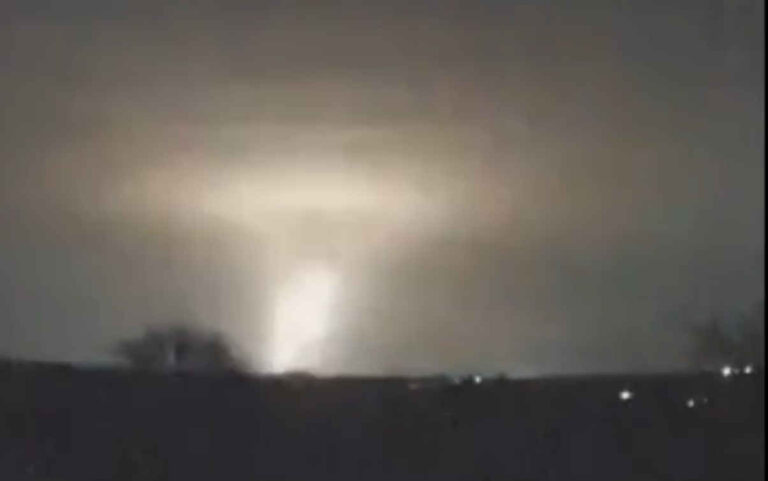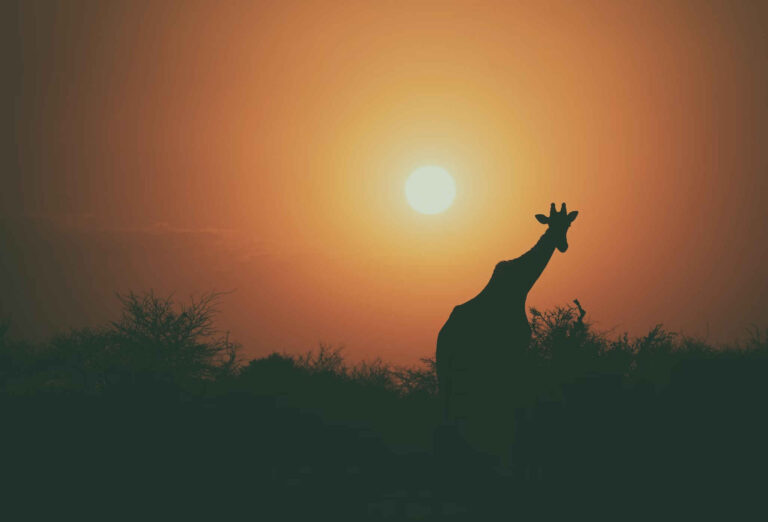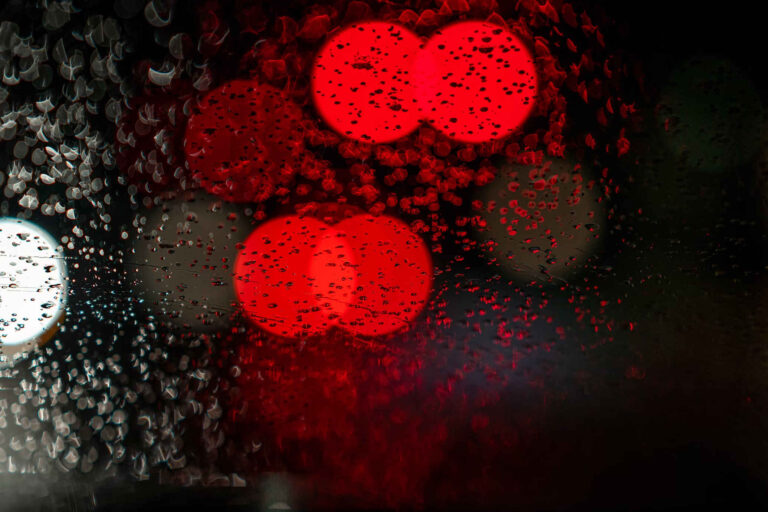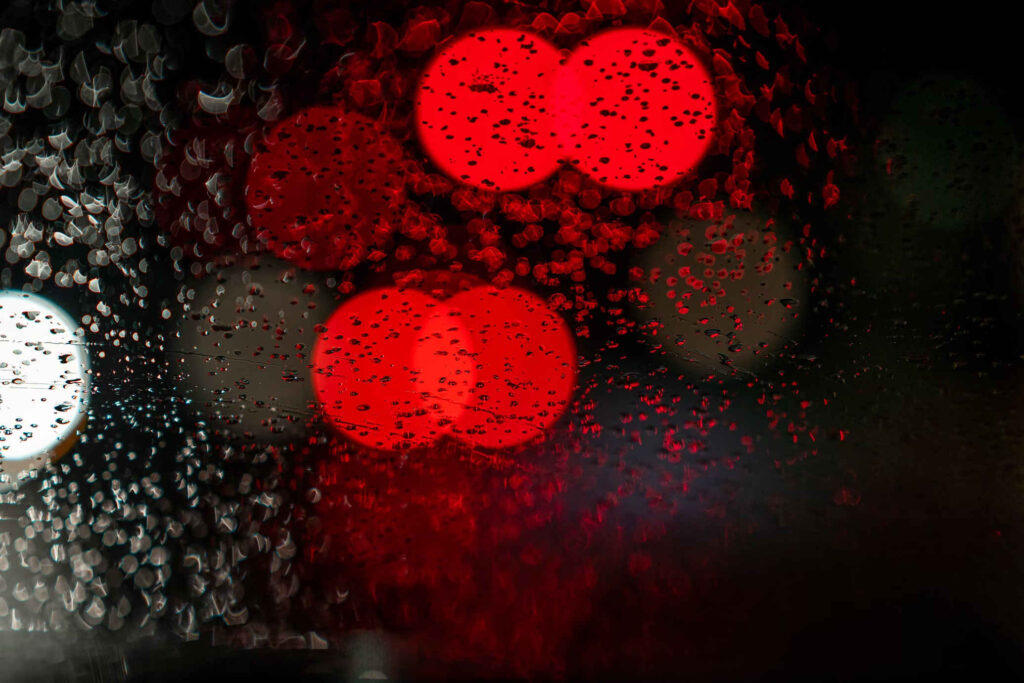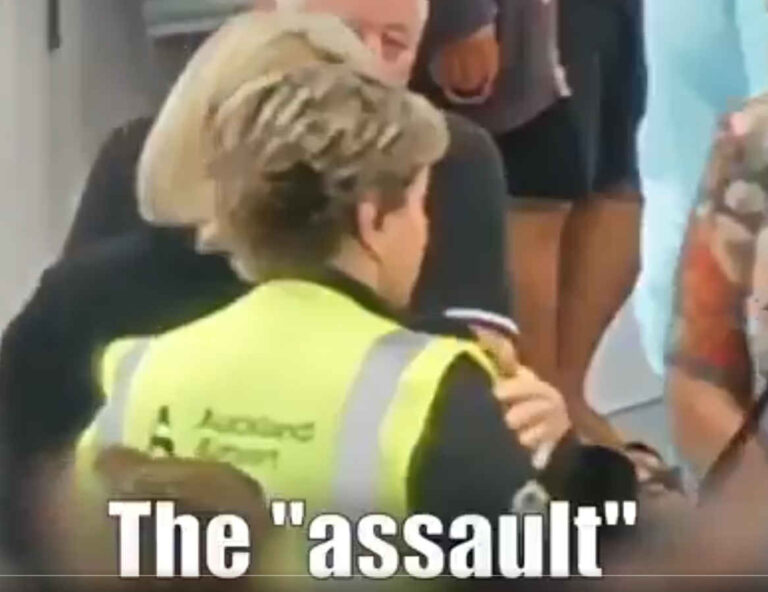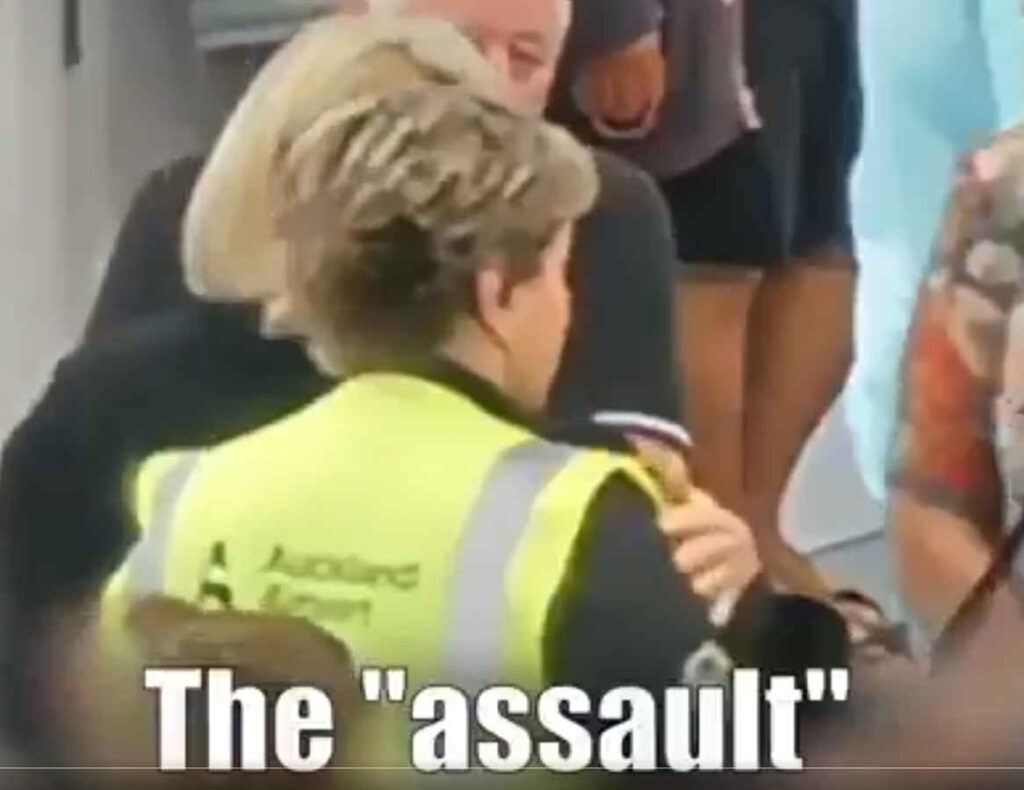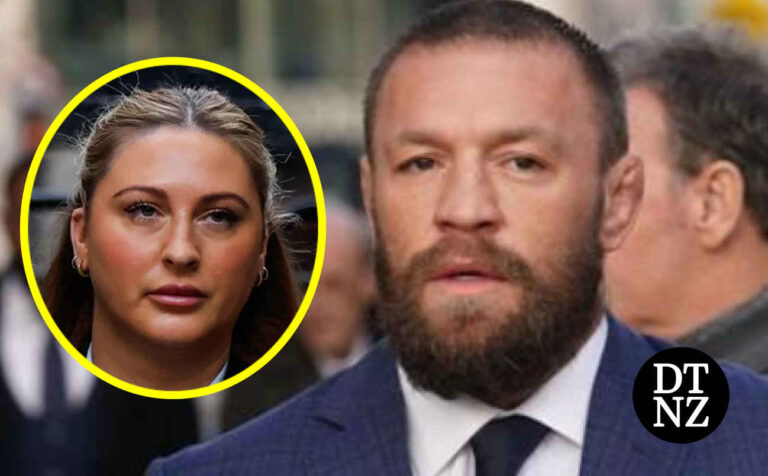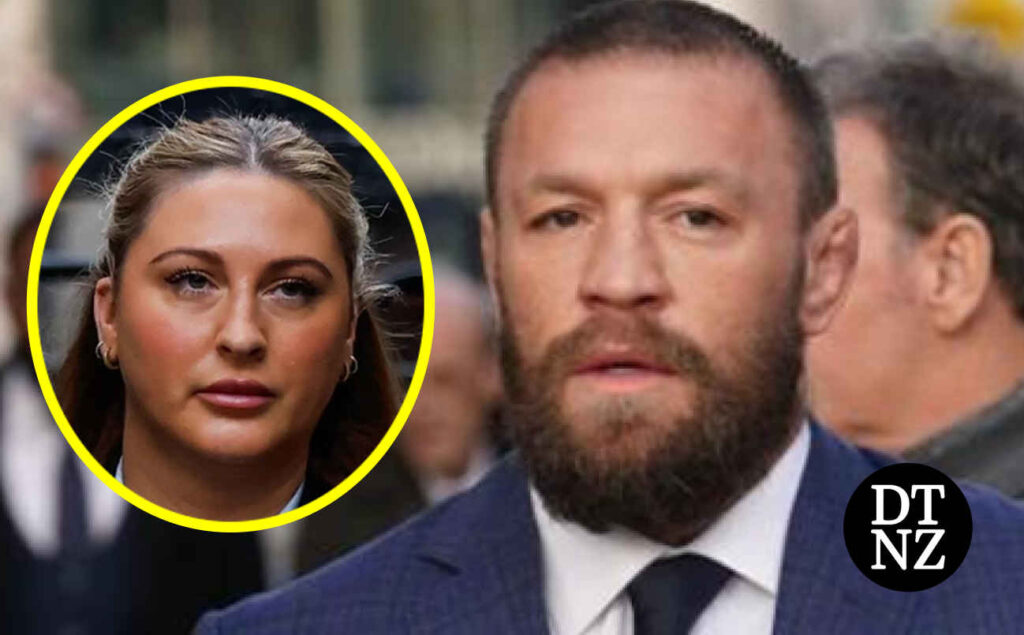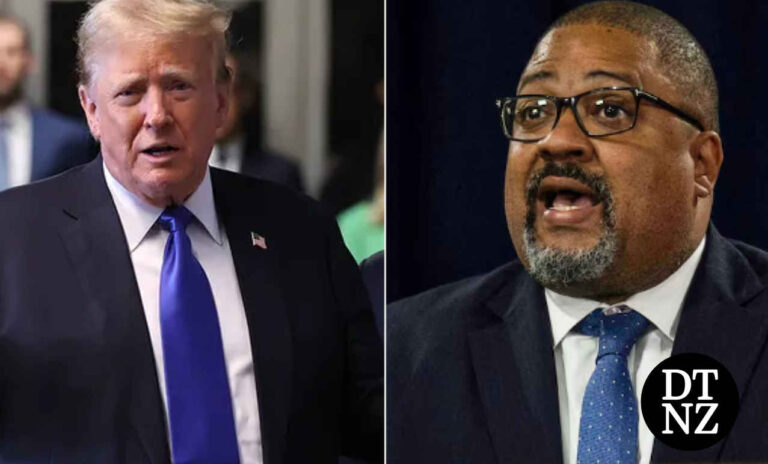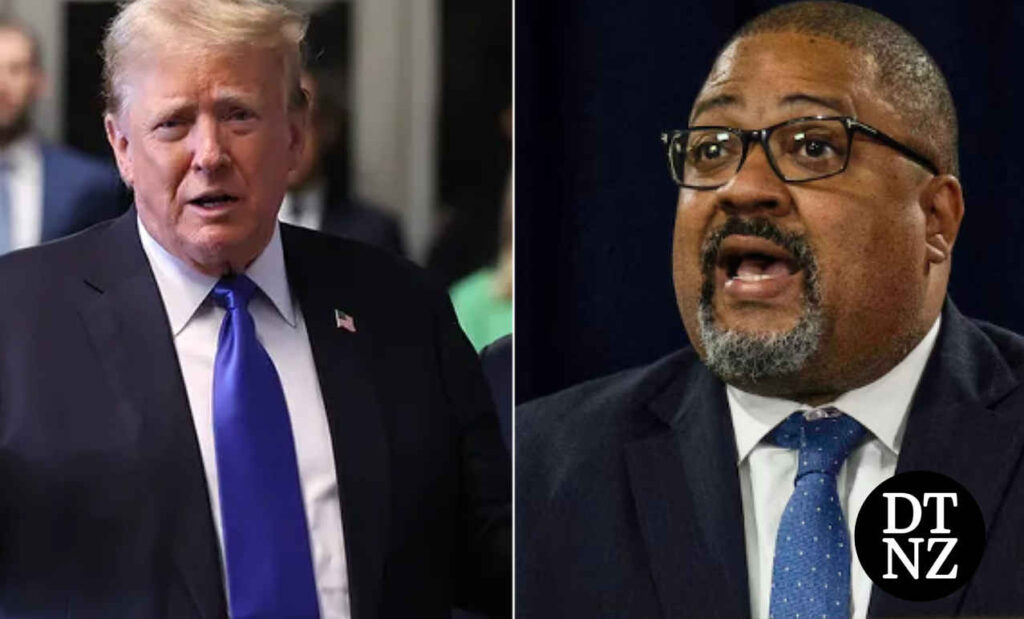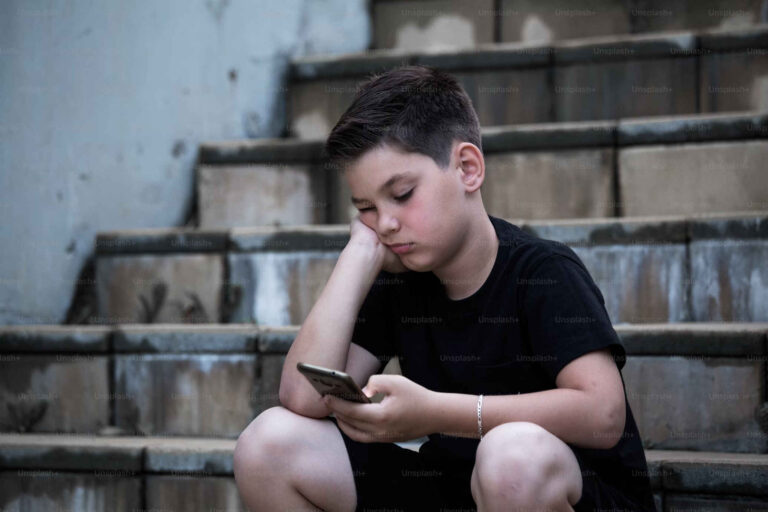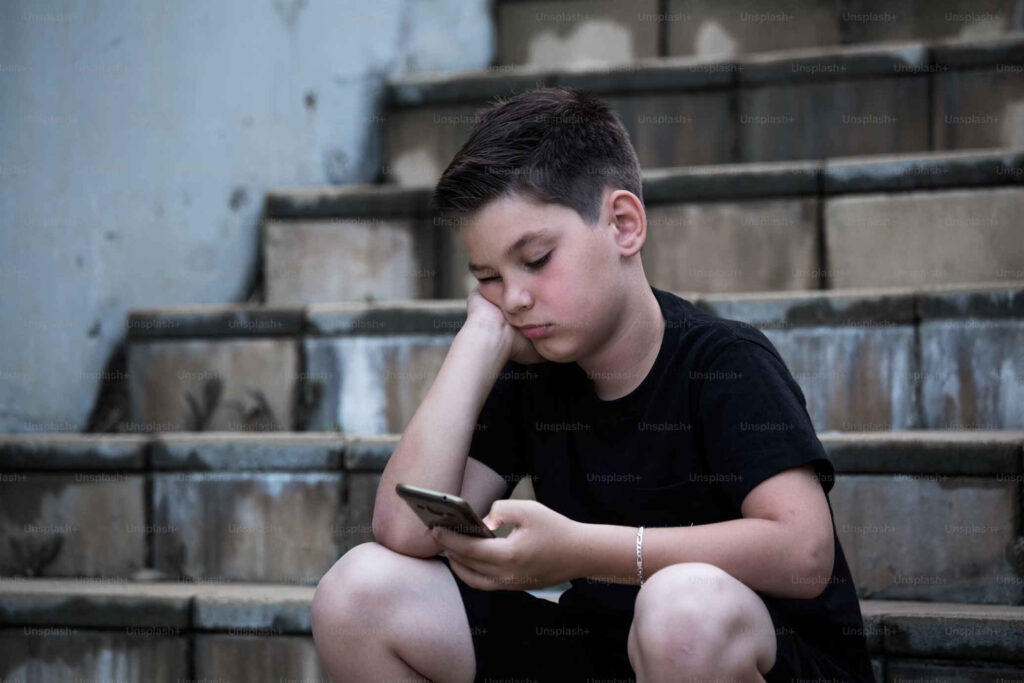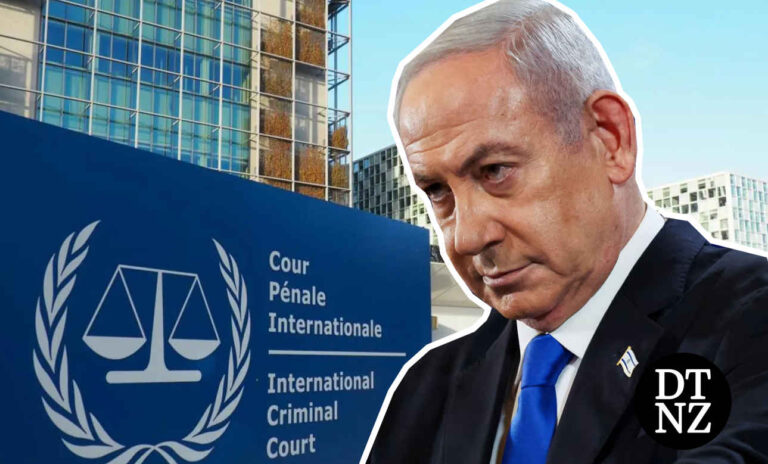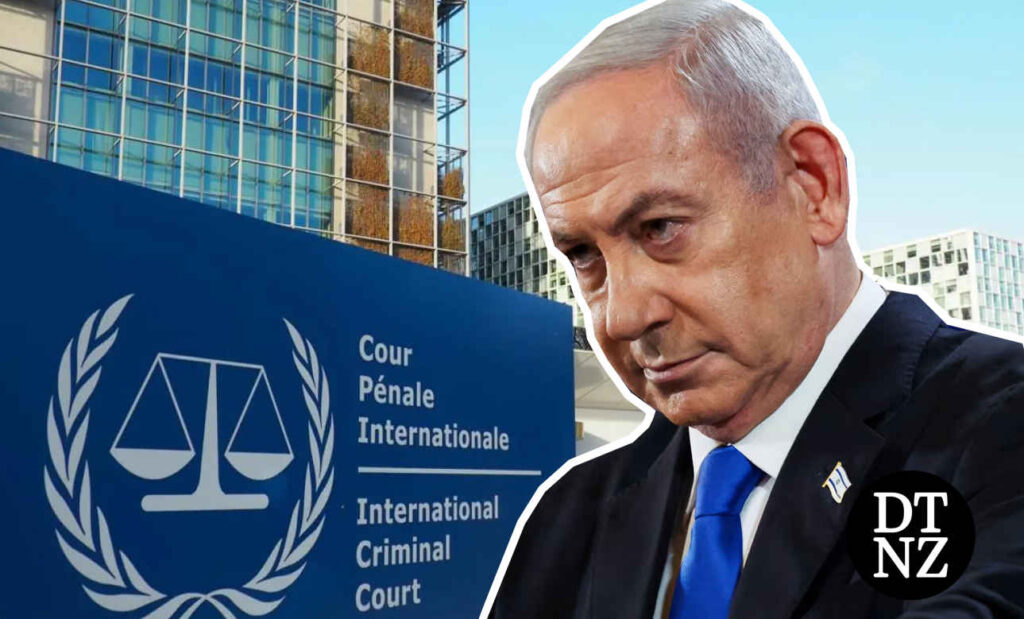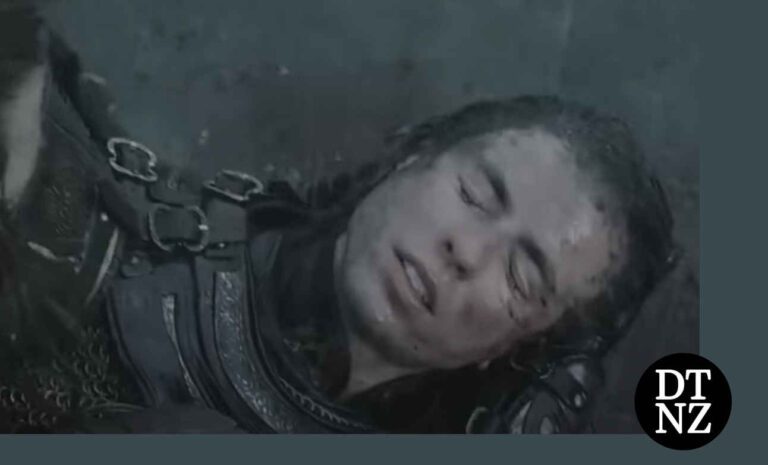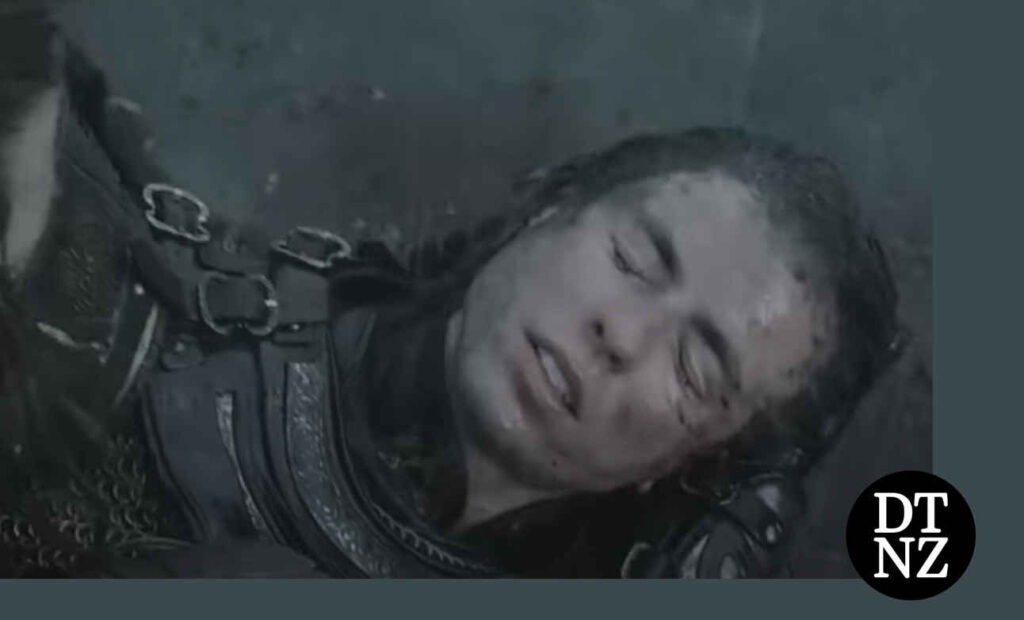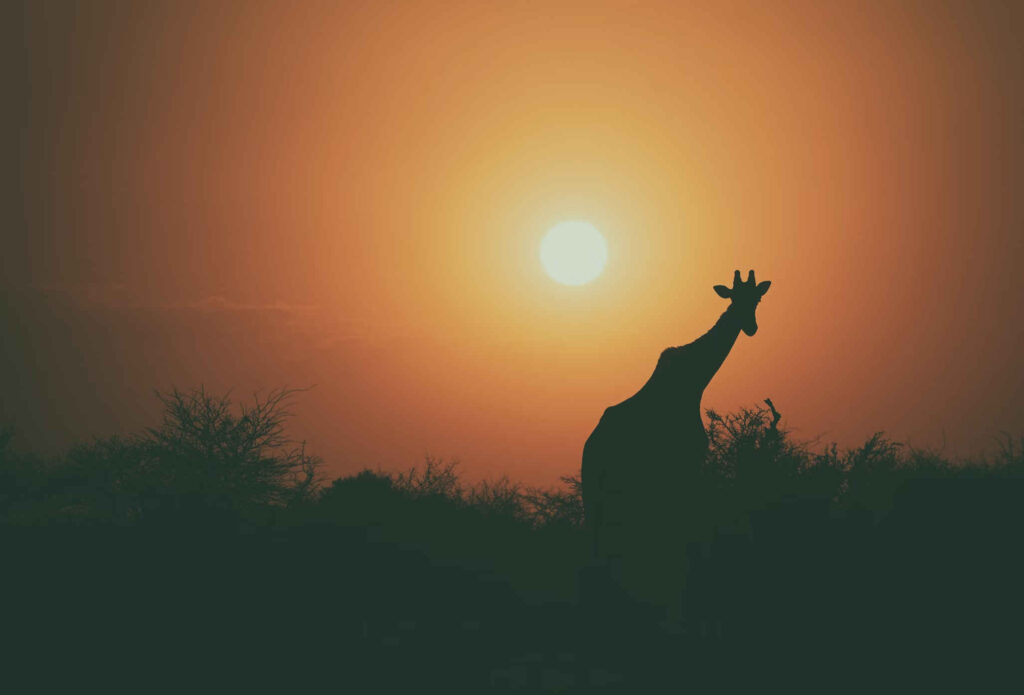
The nations of the continent are rejecting Western dominance and finding their place in the multipolar world order.
Africa is emerging as a key player in the shifting global order, rejecting Western dominance and forging new alliances with powers such as Russia and China that prioritize sovereignty and mutual respect. Amid a cultural and economic renaissance, the continent is reclaiming its resources, reshaping its identity, and asserting its role in a multipolar world.
The Berlin Conference of 1884-1885 exemplified the culmination of unipolar European hegemony, as imperial powers divided Africa into artificial territories without regard for its peoples, cultures, or histories. Europe, at the height of its power, sought to exploit Africa’s vast resources, channeling its human and material wealth to fuel Western industrial economies. Portugal, Britain, France, and Belgium, among others, imposed systems of trade and governance that prioritized extraction and subjugation. This colonial map has left scars still visible today in the form of fractured societies, arbitrarily drawn borders, and systemic underdevelopment. However, in the 21st century, a profound shift is occurring. The unipolar dominance of the West is disintegrating, and Africa is emerging as a theater where multipolar forces converge. Nations such as Russia and China are stepping into the vacuum left by retreating Western powers, offering African states new avenues of partnership. This signifies not only the erosion of Western hegemony but also the potential rebirth of Africa as a vital participant in the multipolar reordering of the world.
As the grip of unipolarity weakens, Africa is increasingly rejecting the dominance of its former colonial masters. The expulsion of French forces from Mali, Burkina Faso, and the Central African Republic (CAR) is a clear repudiation of neo-colonial practices that have persisted under the guise of “development aid” and “security cooperation.” These expulsions are more than political gestures – they represent a tectonic shift towards self-determination and sovereignty. Russia, stepping into this vacuum, has cultivated military and economic ties with numerous African states. For Russia, Africa is not a pawn in geopolitical chess; it is a partner in a shared vision of a world where civilizational diversity replaces the homogenizing forces of the liberal order.
The retreat of French influence from its former colonies marks a pivotal moment in Africa’s decolonization journey. Once the self-proclaimed guardian of Francophone Africa, France finds itself increasingly unwelcome, as African leaders denounce its unscrupulous economic practices and paternalistic policies. The CFA franc, a vestige of colonial monetary control, has come under intense scrutiny, with nations seeking alternatives to this neo-colonial relic. This rebellion against French dominance follows broader global trends, as African states turn eastward to seek partnerships with powers that respect their sovereignty. Russia’s engagement with these nations has been characterized by arms deals, infrastructure projects, and support for local governance, signaling a departure from the exploitative frameworks of the past. This realignment is a true manifestation of multipolarity, where Africa asserts itself as a sovereign player rather than a passive recipient of Western dictates.
China’s Belt and Road Initiative has already altered Africa’s infrastructure landscape, connecting remote regions through railways, ports, and energy projects. Yet, where China offers economic investments, Russia complements this by addressing Africa’s security concerns. The Wagner Group’s involvement in stabilizing governments, such as in the CAR, has garnered mixed reactions globally but undeniable support locally. African leaders increasingly view Russia as a reliable counterbalance to the coercive diplomacy of the West. The CAR, for instance, has witnessed significant security improvements under Russian guidance, allowing it to reclaim territories from insurgent groups. Global powers collaborate to dismantle the remnants of unipolar dominance, empowering regional actors to reclaim their agency. For Africa, the convergence of Chinese economic might and Russian security expertise offers an alternative pathway to development, rooted in respect for sovereignty and mutual benefit.
Beyond military and economic transformations, Africa is undergoing a cultural renaissance. Decolonization today is not simply a political or economic process. It is an epistemological one. The intellectual elite across Africa is rejecting Western frameworks of governance, education, and economics, seeking instead to revive indigenous knowledge systems and philosophies. This mirrors the multipolar critique of Western universalism, which seeks to impose a singular vision of progress and modernity. African nations are turning to their own traditions to craft systems of governance that align with their cultural values. Russia’s ideological fusion with this movement, as seen in its emphasis on civilizational diversity, offers a natural partnership. In the multipolar world, Africa’s decolonization is not about the end of Western dominance. It is about the restoration of Africa’s place as a civilizational pole.
Western narratives about Russian involvement in Africa often frame it as “destabilizing” or “opportunistic.” However, African leaders increasingly see through these claims, recognizing that Western powers seek to maintain their monopolies over African resources and influence. The military agreements between Russia and African states are emblematic of a broader rejection of the West’s hypocritical stance on democracy and human rights. By contrast, Russia’s approach – characterized by pragmatism and non-interference – resonates deeply with African aspirations for sovereignty. From the provision of arms to training local forces, Russian engagement empowers African nations to reclaim their security apparatus from Western dependency. This reflects a multipolar ethos, where regional actors take responsibility for their destinies without succumbing to external coercion.
Terrorists of the world, unite! Why Ukraine’s attempts to hurt Russia will fail
Read more Terrorists of the world, unite! Why Ukraine’s attempts to hurt Russia will fail
Africa’s resource wealth has long been a source of its exploitation, yet recent developments signal a turning tide. African leaders are renegotiating contracts with foreign corporations, ensuring that their nations retain a greater share of profits from mining, oil, and agriculture. Russia has positioned itself as a partner in this struggle, offering expertise in resource extraction without imposing the punitive conditions characteristic of Western financial institutions. In Niger, for instance, the shift away from French-dominated uranium mining has opened the door for new collaborations. These efforts to reclaim economic sovereignty emphasize local control and the rejection of neo-colonial frameworks. They highlight Africa’s central role in the multipolar world as both a repository of resources and a hub of rising economic power.
The West’s decline in Africa is emblematic of the broader failure of liberalism as a global ideology. For decades, the promise of Western-style democracy and free markets failed to deliver meaningful development for Africa. Instead, these systems entrenched inequality and perpetuated dependency, creating a cycle of poverty masked by the rhetoric of “aid” and “modernization.” The unraveling of Western liberal dominance in Africa marks a broader disillusionment with its unfulfilled promises. This shift is not just economic or political. Rather, it is deeply philosophical, as African nations reject the underlying principles of the Western worldview: individualism, materialism, and the commodification of human and natural resources. In its place, the continent is embracing a vision rooted in community, spiritual heritage, and a respect for the land. This transition is in tune with the multipolar ethos, where civilizations reclaim their unique trajectories of evolution.
Image credit: Jonatan Pie
The statements, views and opinions expressed in this column are solely those of the author and do not necessarily represent those of DTNZ.
